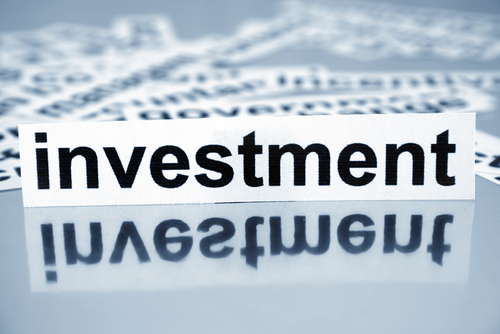The most popular investments are classified as domestic investments. Most people think of the U.S. stock market when they think of investing, and on the U.S. Market are all companies that are based here in the United States. While there are many other ways to invest, domestic markets are a great place for those who want to take more risk than being in bonds, but less risk than being invested in foreign markets. Domestic investments can be sub-classified as small, mid, and large-cap, and as the size of the company goes up, the less risk it holds.
There is a reason that the domestic market is so popular. There are often good returns, without as much risk as investing in overseas markets. While investing overseas carries added risks of cultural risk and corruption risk, the domestic markets keep these to a minimum. This way they can provide more stable investments.
People often invest in local markets because they are more familiar with the companies that provide them goods and services. By investing in domestic markets they are keeping more of the money in the United States. This means for a better U.S.-based firms that require capital, as well as investment returns for the individual investors.
Blue chip stocks offer a more stable investment for those who wish to remain aggressive. They will often pay dividends, and are not quite as likely to fail as smaller companies, or foreign companies. Perhaps most importantly, to the psyche of the investor, is brand recognition. People are more likely to invest in a company they know, than one they have never heard of.
The downside to investing in domestic markets is that all the companies are located in one country. This means that if the country has a recession, the investments will most likely go down. Spreading money out into different markets can help to negate some of that risk. While stability may be one of the benefits of investing in domestic markets, it is also one of the drawbacks. The risk/return tradeoff shows that taking more risk will often result in greater returns. So investing in safe domestic companies will often result in smaller rewards.
Domestic investments are an important part of anybody’s portfolio. The dividends will help to stabilize the returns, and the safety of the companies will negate a lot of the risk. Those who want to be very aggressive, should keep some of these investments in their portfolio, but spread the money around too. Finding good solid companies or mutual funds will help the investor make wise decisions. Reinvesting the dividends will allow them to see maximum growth in companies located right here in the United States.
The most popular investments are classified as domestic investments. Most people think of the U.S. stock market when they think of investing, and on the U.S. Market are all companies that are based here in the United States. While there are many other ways to invest, domestic markets are a great place for those who want to take more risk than being in bonds, but less risk than being invested in foreign markets. Domestic investments can be sub-classified as small, mid, and large-cap, and as the size of the company goes up, the less risk it holds.
There is a reason that the domestic market is so popular. There are often good returns, without as much risk as investing in overseas markets. While investing overseas carries added risks of cultural risk and corruption risk, the domestic markets keep these to a minimum. This way they can provide more stable investments.
People often invest in local markets because they are more familiar with the companies that provide them goods and services. By investing in domestic markets they are keeping more of the money in the United States. This means for a better U.S.-based firms that require capital, as well as investment returns for the individual investors.
Blue chip stocks offer a more stable investment for those who wish to remain aggressive. They will often pay dividends, and are not quite as likely to fail as smaller companies, or foreign companies. Perhaps most importantly, to the psyche of the investor, is brand recognition. People are more likely to invest in a company they know, than one they have never heard of.
The downside to investing in domestic markets is that all the companies are located in one country. This means that if the country has a recession, the investments will most likely go down. Spreading money out into different markets can help to negate some of that risk. While stability may be one of the benefits of investing in domestic markets, it is also one of the drawbacks. The risk/return tradeoff shows that taking more risk will often result in greater returns. So investing in safe domestic companies will often result in smaller rewards.
Domestic investments are an important part of anybody’s portfolio. The dividends will help to stabilize the returns, and the safety of the companies will negate a lot of the risk. Those who want to be very aggressive, should keep some of these investments in their portfolio, but spread the money around too. Finding good solid companies or mutual funds will help the investor make wise decisions. Reinvesting the dividends will allow them to see maximum growth in companies located right here in the United States.







